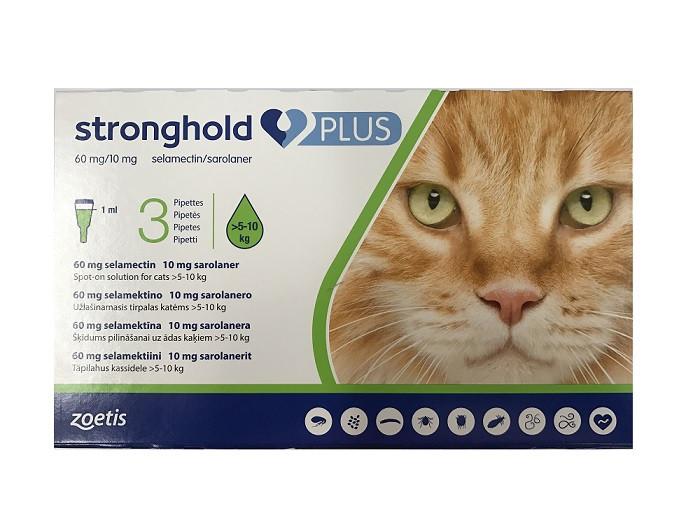
Besides Collies, other dog breeds have shown similar problems, although the MDR-1 mutation has not been confirmed in all of them. This is the case for Collies and related breeds, which have a mutation in the MDR-1 gene that affects the blood-brain barrier and makes it more permeable to such compounds than in dogs without this mutation. Consequently dosing must be as accurate as possible. They can suffer more or less serious adverse effects if treated at dose rates slightly higher than the recommended ones. emodepside) that can cross the blood-brain barrier. Dogs of some breeds do not tolerate macrocyclic lactones or other medicines (e.g. Learn more about spot-ons and their safety. Never use on small dogs pipettes approved for large dogs. WARNING !!!: Never use on cats pipettes approved only for dogs.

Suspected poisoning? Read the article on selamectin safety in this site.

Dogs, extra large 20.1 to 40.0 kg bw: 1 pipette with 2.0 mL (240 mg, equivalent to 11.9 - 6.0 mg/kg selamectin).Dogs, very large 10.1 to 20.0 kg bw: 1 pipette with 1.0 mL (120 mg, equivalent to 11.9 - 6.0 mg/kg selamectin).Dogs, large 5.1 to 10.0 kg bw: 1 pipette with 0.50 mL (60 mg, equivalent to 11.8 - 6.0 mg/kg selamectin).Dogs, medium 2.6 to 5.0 kg bw: 1 pipette with 0.25 mL (30 mg, equivalent to 11.5 - 6.0 mg/kg selamectinn).

Dogs, puppies ≤ 2.5 kg bw: 1 pipette with 0.25 mL (15 mg, equivalent >6.0 mg/kg selamectin).* Can be slightly different in some countries: read the product label! Cats: Ancylostoma tubaeforme, Toxocara cati.Roundworms, gastrointestinal and respiratory.Heartworms ( Dirofilaria immitis), including monthly heartworm prevention.Dogs: ear mites ( Otodectes cynotis), sarcoptic mange ( Sarcoptes scabiei).Lice ( Felicola subrostratus, Trichodectes canis).PARASITES CONTROLLED* (spectrum of activity)


 0 kommentar(er)
0 kommentar(er)
